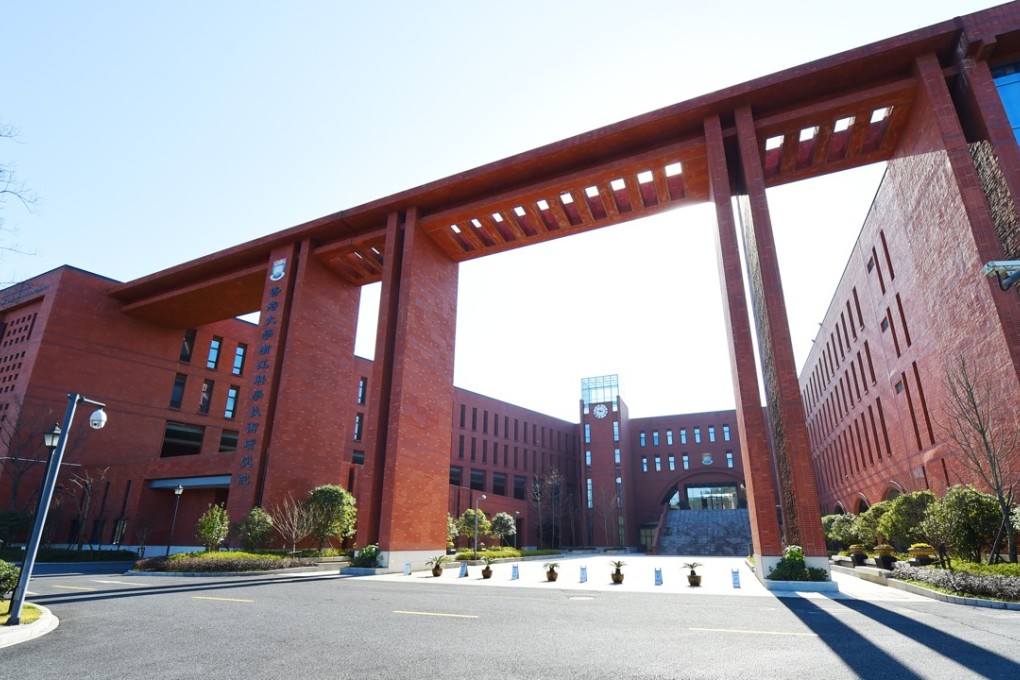University of Hong Kong boosts space research in mainland China with HK$10 million for new Hangzhou lab
Facility in Zhejiang province is part of HKU’s efforts to step up research presence across the border, starting with microsatellite set for lift-off next year

The University of Hong Kong is pumping HK$10 million (US$1.28 million) into building a new space research laboratory on the mainland as it seeks a greater role in Chinese projects, including a 50 million yuan (US$7.28 million) microsatellite it is working on with partners there.
The new facility will be at the University of Hong Kong Zhejiang Institute of Research and Innovation (HKU-ZIRI) near Hangzhou in Zhejiang province.
“This strategic investment is designed to help put space and planetary sciences and space-related activities squarely on the map at HKU,” said Professor Quentin Parker, associate dean (global) in the faculty of science and acting director of the HKU Laboratory for Space Research.
Set to open in a few months, the lab will initially have about six members of staff. Next year it plans to launch the microsatellite, named HKU No 1, on a Chinese rocket from one of four mainland sites.

The satellite hosts a 50kg X-ray telescope being built and tested by the China Aerospace Science and Technology Corporation in Beijing. Inspired by a lobster’s vision – the crustacean’s pea-sized eyes give it wide-angle sight – the device is called the “lobster eye X-ray telescope”.